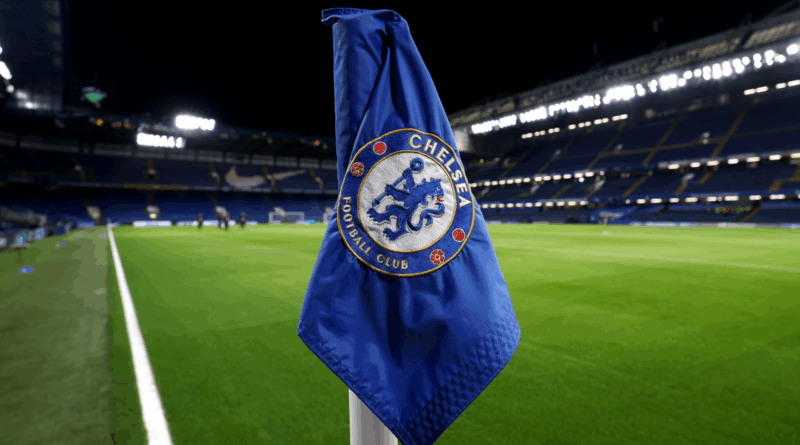Chelsea Charges: Why Major Points Deduction Seems Unlikely
Chelsea charges have made headlines as the Football Association revealed 74 alleged breaches of regulations involving agents, intermediaries, and third-party investments dating back to the Roman Abramovich era. Despite the scale and seriousness of these accusations, sources suggest the Blues may not be facing the severe punishment of a major points deduction that many fans and pundits have feared.
Understanding the Chelsea Charges and FA Investigation
The Chelsea charges stem from financial transactions and agreements that occurred under Abramovich’s ownership. The Football Association alleges that Chelsea failed to disclose full details regarding dealings with agents and possibly allowed third-party influence in player transfers, both of which are significant breaches of FA and Premier League rules. These 74 breaches reportedly span several years, with investigators sifting through a complex web of contracts and payments.
The club’s current owners, Todd Boehly’s consortium, have cooperated with authorities since acquiring Chelsea in 2022. They voluntarily reported potential irregularities discovered during due diligence, a move that could prove crucial in any disciplinary process. By proactively disclosing information, Chelsea’s new leadership may demonstrate a commitment to transparency and good governance, potentially softening the severity of any sanctions.
Why Chelsea May Avoid a Serious Points Deduction
The nature and timing of the Chelsea charges are central to why a harsh points deduction seems unlikely. First, most alleged breaches occurred under previous ownership, and the current regime has made efforts to distance itself from past conduct. Secondly, the Football Association is thought to prioritize financial penalties, reprimands, and perhaps transfer restrictions for historical cases—especially when a club displays cooperation and self-reporting.
Legal experts note that the FA’s disciplinary approach considers the context of each case, including the period of the infractions, any steps taken by the current owners to rectify issues, and the overall impact on competition integrity. While a points deduction remains within the FA’s disciplinary toolkit, it has typically been reserved for recent, egregious violations or clubs that have attempted to conceal wrongdoing.
Comparisons to Other High-Profile Cases
Looking at other clubs involved in rule breaches adds perspective to the Chelsea charges. Manchester City, currently facing an extensive investigation into financial fair play (FFP) violations, and Everton, who received points deductions for more recent breaches, both present different scenarios. In Everton’s case, the infractions were recent, ongoing, and involved repeated warnings from authorities. By contrast, the Chelsea case revolves around historical misconduct largely attributed to previous management.
The Road Ahead for Chelsea
Chelsea’s legal team is expected to mount a robust defense, emphasizing full cooperation, the proactive identification of irregularities, and the club’s commitment to reform. The FA will conduct a thorough review before determining sanctions, a process that could extend over several months. Financial penalties, potential transfer market restrictions, and a formal reprimand appear the most likely outcomes. However, a points deduction cannot be entirely ruled out until the FA reaches its final verdict.
Chelsea’s fans remain understandably anxious as the club navigates these allegations. However, the prevailing sentiment among legal observers is that the FA’s focus will be on holding the previous regime accountable while encouraging good faith efforts from new ownership to prevent future breaches.
What This Means for the Premier League
The Chelsea charges highlight the increasing scrutiny on financial operations within English football. With UEFA and the Premier League ramping up enforcement of FFP and related regulations, clubs are under growing pressure to ensure transparency and accountability in all dealings. The outcome of Chelsea’s case may set a precedent for how authorities address historical breaches in the future.
Opinion: Transparency Should Be Rewarded
From an ethical standpoint, Chelsea’s decision to self-report discovered irregularities deserves recognition. Clubs that proactively root out and disclose legacy issues should be encouraged rather than disproportionately punished—provided they demonstrate genuine reform. The FA’s handling of these Chelsea charges could shape future governance standards and provide a blueprint for balancing accountability with incentivizing transparency.
For more news and updates on the latest football developments, visit for more news.
Your global gateway to nonstop football coverage:
News Goal
Share this content:
